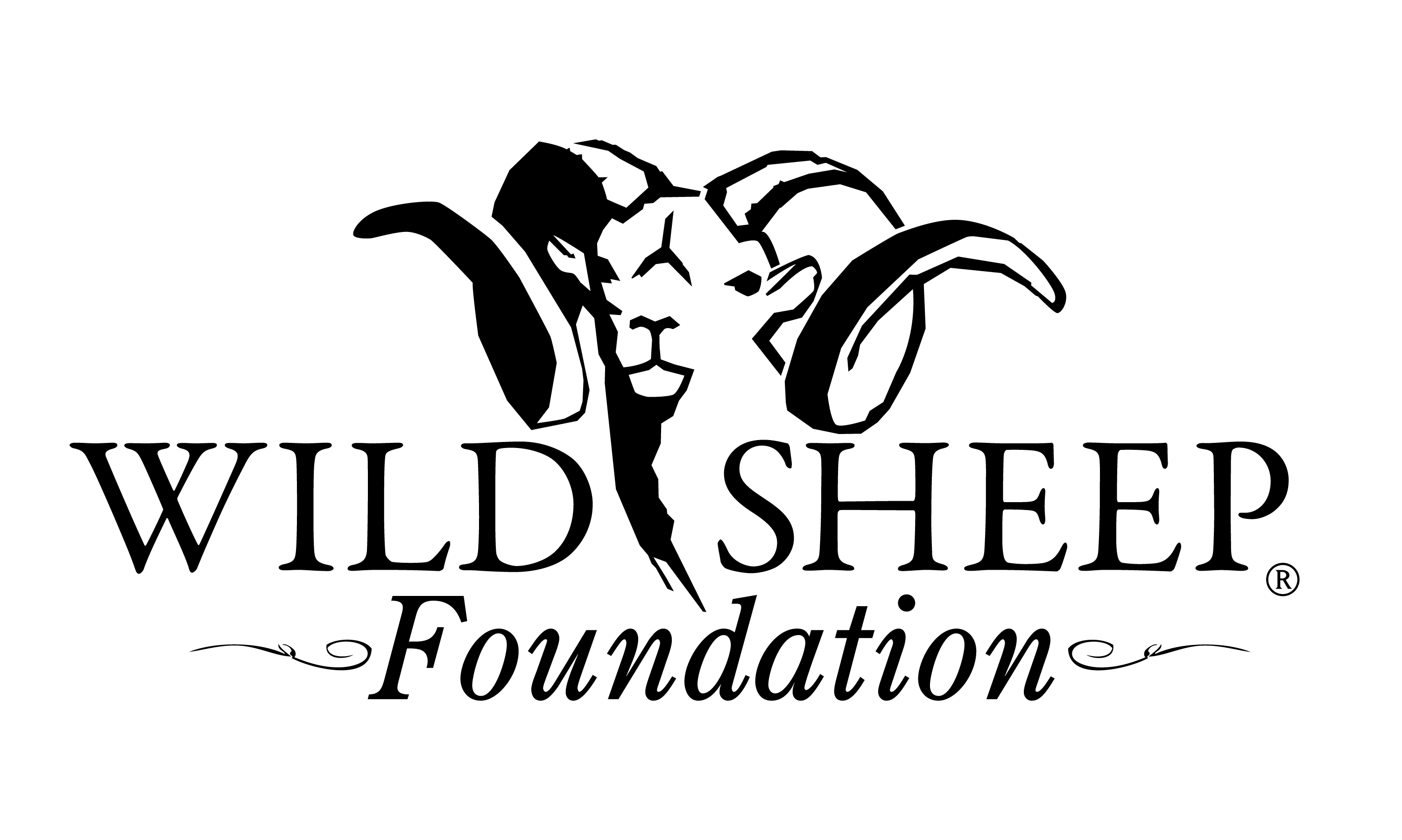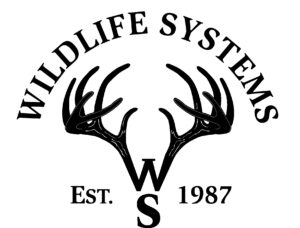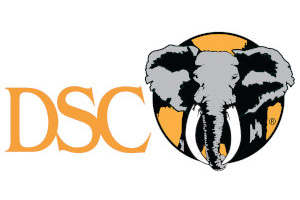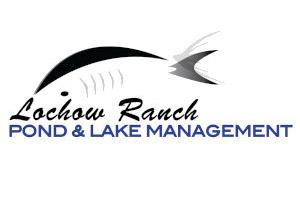Gopher Tortoise Survey - Seasonal Technician
University of Georgia Marine Extension and Georgia Sea Grant (State) | https://www.facebook.com/UGACoastalEcologyLab
Details
Application Deadline:
10/20/2025
Published:
09/19/2025
Starting Date:
between 10/20/2025 and 10/27/2025
Ending Date:
between 4/3/2026 and 5/29/2026
Hours per Week:
40
Salary:
$16 to $19 per hour
Education Required:
Bachelors
Experience Required:
none
Description
Position Summary
This position will be entirely field-based to assist with pre-development, planning surveys for gopher tortoises and indigo snakes at industry sites in Georgia (e.g., utility-scale solar, heavy mineral surface mining). Surveys will require weekly deployment to various sites in the coastal plain of Georgia, often involving overnight stays at a hotel while deployed or daily commutes to closer (~1 hour each way) field sites. Additionally, this position may involve computer work while deployed, such as transferring and managing datasets or visualizing field data and generating output in ArcGIS Pro, as examples. This position will work alongside a group of researchers, usually deploying as part of 2-person survey crews.
This seasonal technician position is anticipated to last 5 months (November 2025– March 2026) but may be extended based on funding availability and job performance. The weekly schedule will typically be 40 hours/week, Monday – Friday (5 8-hour shifts), with the occasional possibility of weekend survey shifts and/or 4 10-hour shifts. Thanksgiving, Christmas, and New Year’s holidays will be granted, but as unpaid leave. Since this position is temporary and cannot exceed the federal restriction of a maximum of 1300 hours in one year, health, retirement, and paid leave benefits are not provided by the University of Georgia. Please note that this position does not include housing or housing allowance. Employees are responsible for arranging and covering their own living accommodations and cell phone expenses. However, lodging and per diem will be compensated fully for overnight field deployments. Headquarters will be at the Coastal Ecology Lab offices at the UGA Marine Extension and Georgia Sea Grant facility in Brunswick, GA. The employee can choose to be based elsewhere, but will be responsible for either driving to pick up the field truck in Brunswick or for their own commute directly to the field site.
As part of onboarding, the technician will undergo specific task training with current project researchers regarding field tasks as well as compliance with UGA and partner protocols, which includes but is not limited to vehicle safety, cybersecurity, animal use/IACUC certification, and working with minors. Assistance with other grant-funded projects may be engaged as needed, but is not guaranteed as part of this position.
Responsibilities and Duties
• Industry site surveys for gopher tortoises and other priority species:
o Line transects to document the location and activity status of gopher tortoise burrows
o Camera scoping of gopher tortoise and mammal burrows, along with suitable underground refugia for small vertebrate species, with particular interest in state and federal priority species
o Visual encounter surveys for priority plant and wildlife species
• Basic data management and processing in Excel, Terraflex, and ArcGIS Pro
• If the position is extended beyond March, duties may involve assistance with gopher tortoise and burrow commensal relocations and the collection of morphometrics and marking of animals
• Clearly communicating with supervisor and other research staff about all field project updates on a daily basis while deployed
• All employees will be expected to respect and uphold client confidentiality on all sites
Preferred Education/Experience
Undergraduate degree in Biology, Ecology, Wildlife Management, or related field OR 3 years relevant experience in field research and wildlife.
Knowledge, Skills, and Abilities
Competencies:
*We still encourage you to apply if you possess some but not all of these skills.
• A dedicated interest in the conservation and management of wildlife and the mitigation of impacts from development
• Field experience with surveying for Gopherus spp., including experience with burrow cameras and scoping burrows
• Experience driving 4WD trucks on muddy, sandy, and challenging unpaved roads
• Knowledge of southeastern habitats and upland sandhills plant and animal communities
• Field experience in the collection and management of field data
• Basic knowledge of GIS, statistical analysis, and data management software
Physical Demand:
• Good physical condition and a patient temperament are absolutely required, whether by yourself or with co-workers in the field.
• Physical exertion may involve walking approximately 10 mi/day for surveys (e.g., transecting for ~8 hours/day), sometimes carrying a backpack with up to 10lbs. of equipment and bulky burrow scopes. Scoping burrows requires continuous bending over and squatting.
• Habitat conditions will be variable, ranging from dense forests or mid-story vegetation to open, agricultural fields, or typical sandhills vegetation structure.
• Some long days in the field in buggy conditions, and surveys in thick, thorny vegetation; mornings will be cool but can become hot/humid in the afternoon in Georgia winters.
• Driving multiple hours round-trip to field sites.
• Staying overnight in hotels during field deployments on most weeks.
• Wild and captive animals, including venomous snakes, can be challenging to capture and handle, and safety precautions and protocols must be adhered to for the well-being of the animals and employees.
This position will be entirely field-based to assist with pre-development, planning surveys for gopher tortoises and indigo snakes at industry sites in Georgia (e.g., utility-scale solar, heavy mineral surface mining). Surveys will require weekly deployment to various sites in the coastal plain of Georgia, often involving overnight stays at a hotel while deployed or daily commutes to closer (~1 hour each way) field sites. Additionally, this position may involve computer work while deployed, such as transferring and managing datasets or visualizing field data and generating output in ArcGIS Pro, as examples. This position will work alongside a group of researchers, usually deploying as part of 2-person survey crews.
This seasonal technician position is anticipated to last 5 months (November 2025– March 2026) but may be extended based on funding availability and job performance. The weekly schedule will typically be 40 hours/week, Monday – Friday (5 8-hour shifts), with the occasional possibility of weekend survey shifts and/or 4 10-hour shifts. Thanksgiving, Christmas, and New Year’s holidays will be granted, but as unpaid leave. Since this position is temporary and cannot exceed the federal restriction of a maximum of 1300 hours in one year, health, retirement, and paid leave benefits are not provided by the University of Georgia. Please note that this position does not include housing or housing allowance. Employees are responsible for arranging and covering their own living accommodations and cell phone expenses. However, lodging and per diem will be compensated fully for overnight field deployments. Headquarters will be at the Coastal Ecology Lab offices at the UGA Marine Extension and Georgia Sea Grant facility in Brunswick, GA. The employee can choose to be based elsewhere, but will be responsible for either driving to pick up the field truck in Brunswick or for their own commute directly to the field site.
As part of onboarding, the technician will undergo specific task training with current project researchers regarding field tasks as well as compliance with UGA and partner protocols, which includes but is not limited to vehicle safety, cybersecurity, animal use/IACUC certification, and working with minors. Assistance with other grant-funded projects may be engaged as needed, but is not guaranteed as part of this position.
Responsibilities and Duties
• Industry site surveys for gopher tortoises and other priority species:
o Line transects to document the location and activity status of gopher tortoise burrows
o Camera scoping of gopher tortoise and mammal burrows, along with suitable underground refugia for small vertebrate species, with particular interest in state and federal priority species
o Visual encounter surveys for priority plant and wildlife species
• Basic data management and processing in Excel, Terraflex, and ArcGIS Pro
• If the position is extended beyond March, duties may involve assistance with gopher tortoise and burrow commensal relocations and the collection of morphometrics and marking of animals
• Clearly communicating with supervisor and other research staff about all field project updates on a daily basis while deployed
• All employees will be expected to respect and uphold client confidentiality on all sites
Preferred Education/Experience
Undergraduate degree in Biology, Ecology, Wildlife Management, or related field OR 3 years relevant experience in field research and wildlife.
Knowledge, Skills, and Abilities
Competencies:
*We still encourage you to apply if you possess some but not all of these skills.
• A dedicated interest in the conservation and management of wildlife and the mitigation of impacts from development
• Field experience with surveying for Gopherus spp., including experience with burrow cameras and scoping burrows
• Experience driving 4WD trucks on muddy, sandy, and challenging unpaved roads
• Knowledge of southeastern habitats and upland sandhills plant and animal communities
• Field experience in the collection and management of field data
• Basic knowledge of GIS, statistical analysis, and data management software
Physical Demand:
• Good physical condition and a patient temperament are absolutely required, whether by yourself or with co-workers in the field.
• Physical exertion may involve walking approximately 10 mi/day for surveys (e.g., transecting for ~8 hours/day), sometimes carrying a backpack with up to 10lbs. of equipment and bulky burrow scopes. Scoping burrows requires continuous bending over and squatting.
• Habitat conditions will be variable, ranging from dense forests or mid-story vegetation to open, agricultural fields, or typical sandhills vegetation structure.
• Some long days in the field in buggy conditions, and surveys in thick, thorny vegetation; mornings will be cool but can become hot/humid in the afternoon in Georgia winters.
• Driving multiple hours round-trip to field sites.
• Staying overnight in hotels during field deployments on most weeks.
• Wild and captive animals, including venomous snakes, can be challenging to capture and handle, and safety precautions and protocols must be adhered to for the well-being of the animals and employees.
Contact
Kimberly Andrews
contact via the web posting is preferred (see Details section)






